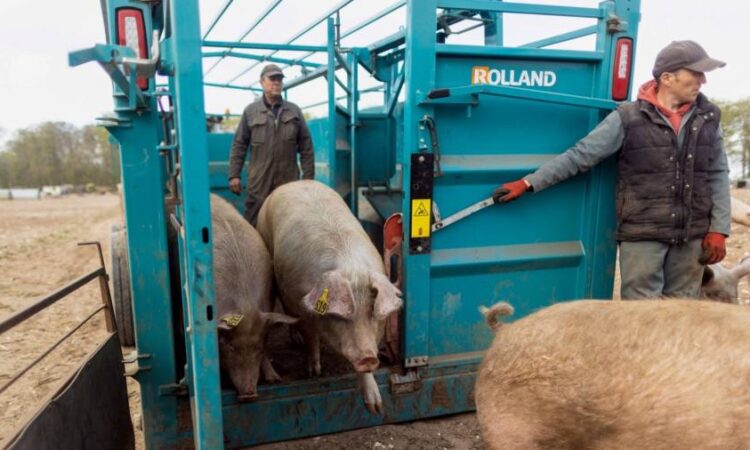
Farming was meant to be a big winner from Brexit. Ditching the Common Agricultural Policy would enable a new funding scheme that “respects [farmers’] work and puts environmental protection and enhancement first”, promised then-environment secretary Michael Gove in 2017.
Since then, however, EU-style subsidies to farmers in England have been reduced, even as their supposedly superior and greener successor is at an early stage of development.
This poses a significant risk to farm finances. So-called “direct payments” from the EU based on land area made up 60 per cent of farm net income before Brexit. At a typical livestock farm they accounted for the entirety of profits. Now they have been slashed by at least 35 per cent, with more cuts to follow.
At a time of steep cost inflation, it is no wonder farmers are impatient. The Country Land and Business Association, which represents landowners, has declared that it is “crunch time”.
Thérèse Coffey, the sixth environment minister since the Brexit vote, appears determined to speed up progress. Fresh details of the new funding scheme released on Thursday include payments to farmers for renouncing insecticide and measures for tenant farmers.
These were broadly welcomed, but there is still much further to go. The Soil Association called the latest developments “tinkering around the edges”.
Coming up with a coherent scheme for £2.4bn of annual farm payments requires answering tough questions about the kind of place that post-Brexit England wants to be.
One is how serious the country is about its green targets, including halving the decline in species populations by 2030 and reaching net zero by 2050.
These goals are legally binding. Yet the government has not set out a path to them for farmers who steward 70 per cent of the UK’s land. Environmentalists say the current funding plans go only a fraction of the way.
Joe Stanley, a farmer and author of Farm to Fork: The challenge of sustainable farming in 21st century Britain, says: “We know the scale of government environmental targets on air, water, soil, biodiversity. But where are the costings that say £2.4bn is going to be enough to achieve all of that?”
A path to net zero requires politically unpalatable decisions. The environmental group Green Alliance this month set out a series of scenarios for farming in the coming years. Its preferred option — balancing nature with food production — entails a third of currently farmed land becoming “semi-natural habitat” by 2050.
Green Alliance said incomes would increase for a majority of farms in this scenario thanks to government green funding. But such a measure would still be unpopular with many farmers; one told me dismissively that he had no desire to become a “park keeper”. And there are no signs of such a jump in funding from the current plans.
Green Alliance’s scenario also reduces the UK’s dependence on imported produce. This would please onlookers such as former MI5 chief Eliza Manningham-Buller, who warned in November that domestic food production should be viewed as an element of national security. That view is not so far reflected in the government’s plans, which abandon the CAP’s explicit goal of protecting food production.
The catch in Green Alliance’s scenario? A 45 per cent reduction in meat and dairy consumption, enabled by a switch to alternative proteins. This would be another deeply unpopular measure with many farmers, along with sections of the broader population.
Land use change, a cut in meat consumption, and returning to anything resembling the CAP are all decisions that risk a backlash. But so does allowing farm businesses to collapse through sheer government indecision. Another risk is that cutting payments too sharply pushes businesses to farm still more intensively, setting back the country’s green objectives.
Green Alliance sets out four other potential directions for the UK’s land, but all entail trade-offs and some a steep increase in government spending. Whatever direction they choose, ministers no longer have the EU to blame.
Farmers are not the only group at the mercy of England and the UK’s search for a post-Brexit identity. But perhaps Coffey will take the radical step of adopting an actual strategy and defending it, trade-offs and all.






